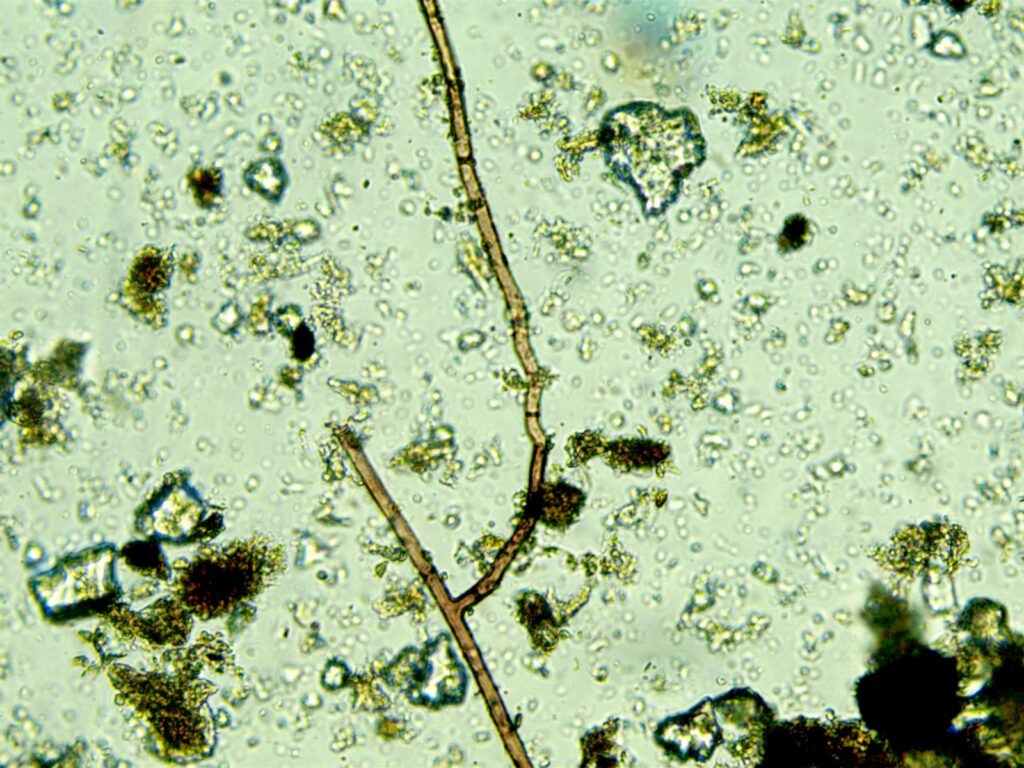Introduction: Fertilizer technology has come a long way since Justus von Liebig discovered the importance of nitrogen, phosphorus, and potassium (NPK) in 1840/42. Today, the modern agronomic industry still relies on NPK, but we have learned so much more about the unseen world and the intricate relationships between soil, plants, and microbes. Despite this, there is still a reliance on high amounts of fertilizers and a lack of understanding of their negative impact on the environment and human health.
Justus von Liebig: The Father of Fertilizer
Justus von Liebig is often referred to as the “Father of Fertilizer” due to his discovery of NPK and its significance in plant growth. By the 1840’s, Justus identified that plants required certain nutrients to grow, including nitrogen, phosphorus, and potassium. This discovery was a catalyst for the development of the modern fertilizer industry. However, later on, Justus realized that NPK was not enough and that there were other factors that played a crucial role in soil health and plant growth.
Sir Albert Howard: The Father of Organics by the 1940’s,
Sir Albert Howard recognized the decline in soil health and the negative impact of fertilizer use on the environment and human health. He discovered the role of mycorrhizae fungus in soil health and was known as the “Father of Organics.” Sir Albert’s findings showed that the soil is a complex system that relies on a delicate balance between the soil, plants, and microbes. This balance was disrupted by the widespread use of fertilizers and chemicals, leading to the decline in soil health and a reduction in the quality of food produced.
William Albert Albrecht: The Importance of Soil Biology by the 1940’s,
William Albert Albrecht noted the importance of soil biology and the impact of fertilizer use on the health of crops and the environment. Albrecht recognized that the soil is not just a medium for plant growth but is also home to a diverse community of microbes, including bacteria, fungi, and viruses. He found that the use of fertilizers and chemicals could negatively impact this community, leading to the decline in soil health and an increase in pests and diseases.
Dr James White: The Rhizophagy Cycle Fast forward to 2023, and we have Dr James White and his work on the rhizophagy cycle. Dr White has demonstrated that the rhizophagy cycle is the process by which plants interact with the soil and its microbes, and that this interaction is critical to soil health. He has shown that by understanding the rhizophagy cycle, we can improve soil health and reduce the negative impact of fertilizer use on the environment and human health.
Conclusion: Despite the groundbreaking discoveries of Justus von Liebig, Sir Albert Howard, William Albert Albrecht, and Dr James White, the modern agronomic industry still relies on high amounts of fertilizers. This reliance is a result of a lack of understanding of the importance of soil health and the unseen world of microbes and their impact on the environment and human health. It is imperative that we continue to challenge the current paradigm and promote the findings of these brilliant scientists in order to improve soil health and reduce the negative impact of fertilizer use on the environment and human health.
